Forecasting and optimizing irrigation demands by physics-based and data-driven models
Please login to view abstract download link
This study introduces a comprehensive framework for the forecasting and optimization of irrigation needs utilizing both physics-based and data-driven models. The physics-based component addresses infiltration into the unsaturated zone using Richards’ equation and establishes an optimal boundary control problem aimed at optimizing root water uptake while minimizing irrigation costs. The controller regulates soil moisture within the plant-available uptake window. We propose two different controls for the Richards' equation: considering directly the PDE, we characterize the optimal control in terms of a suitable relation with the adjoint state of the optimality conditions. A Another discretize-then-optimize approach is sketched, by resorting to a State Dependent Riccati approach which provides suboptimal control in feedback form. The data-driven component focuses on predicting soil moisture for precision irrigation by analyzing 15-minute water content data collected by a TDR sensors, from a semi-arid Mediterranean olive orchard that is irrigated with reclaimed wastewater. This study assesses Holt–Winters, VARIMA, Random Forest, Gradient Boosting Regressor, and Chronos models, demonstrating that multivariate forecasts that include external variables such as rainfall, weather, and irrigation significantly enhance accuracy for 24-hour predictions. The integration of controlled Richards’ equation with short-term data-driven forecasts will offer a scalable approach to sustainable real-time irrigation scheduling in interconnected hydrological and agricultural systems.

